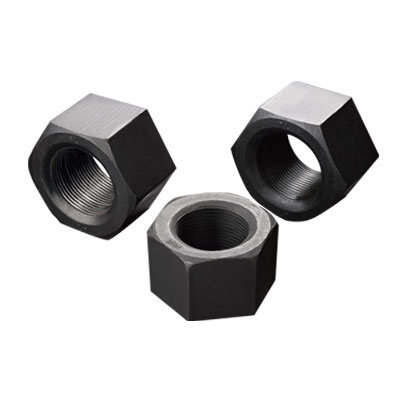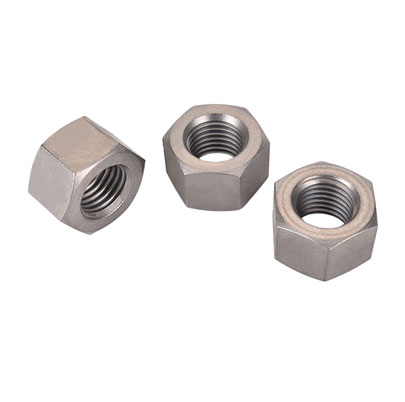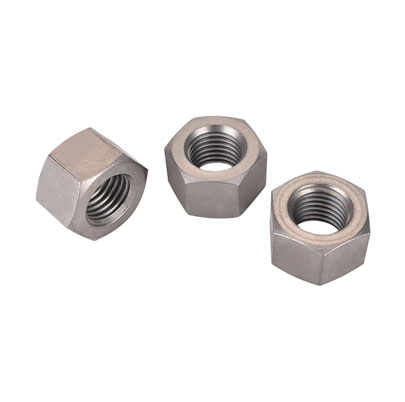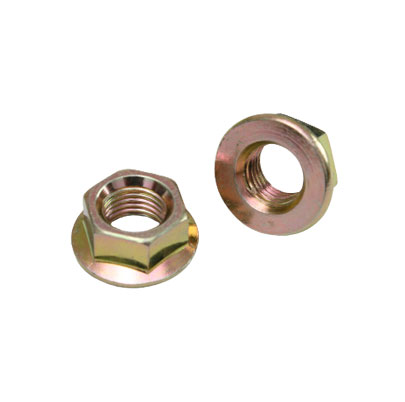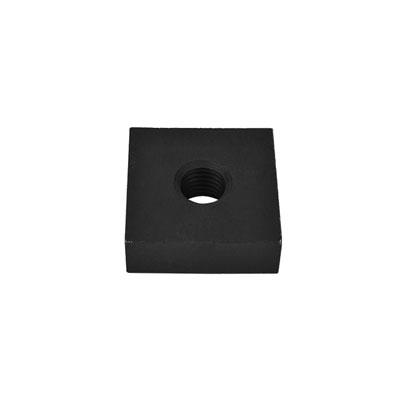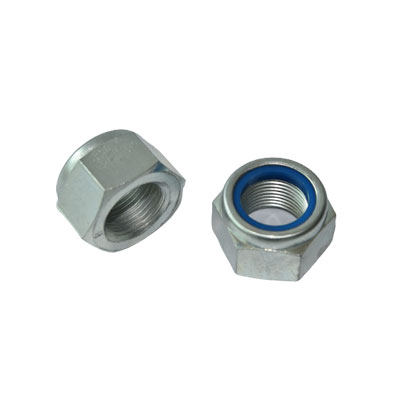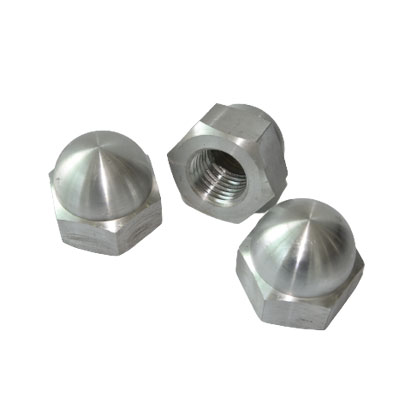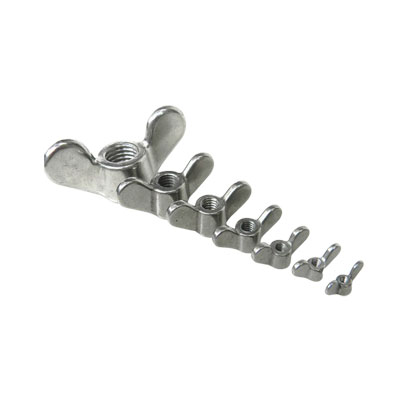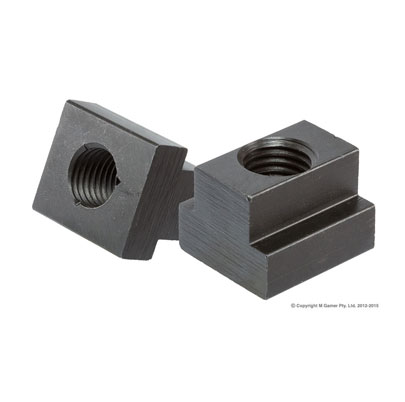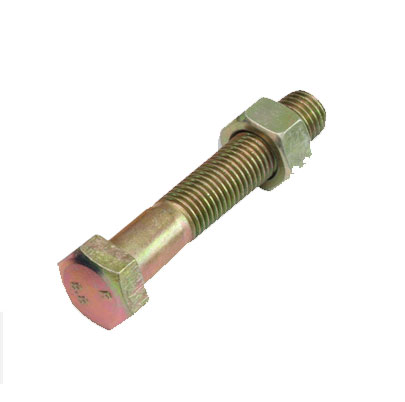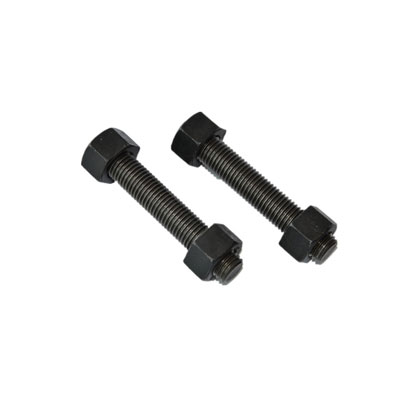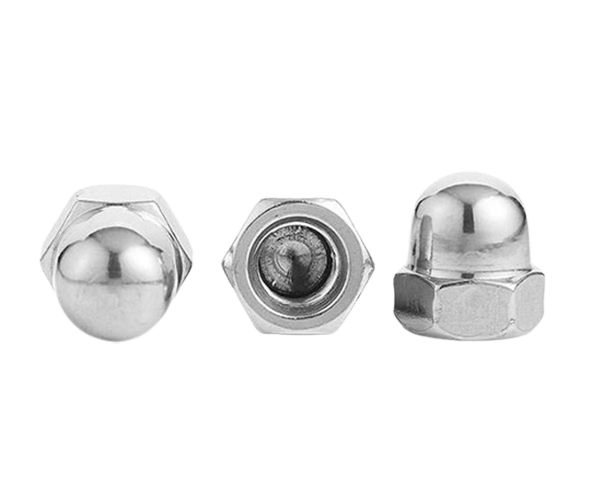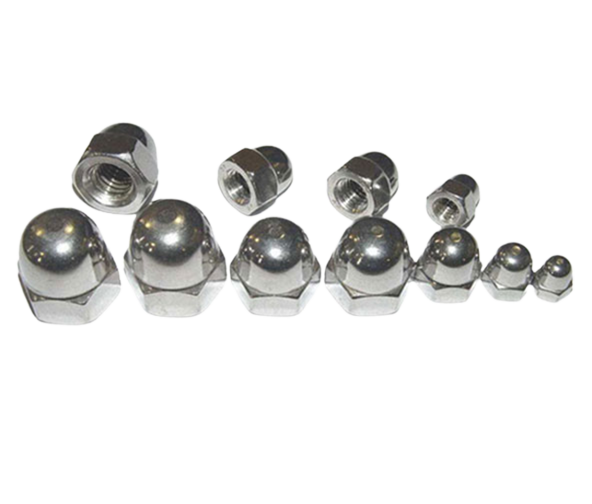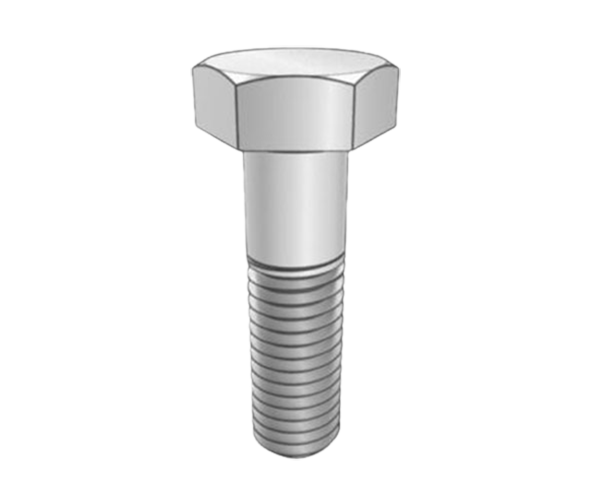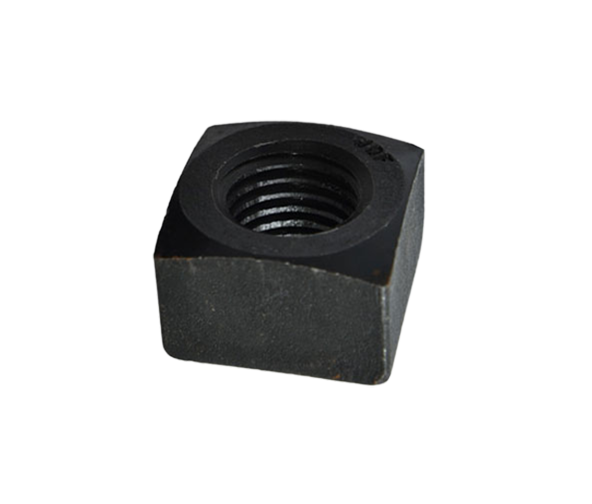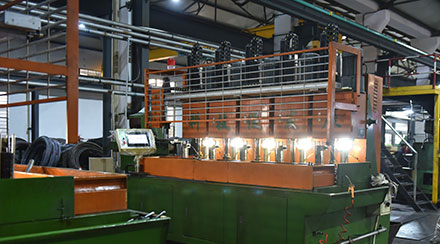In the world of hardware, fasteners are critical components that help impart structural integrity, keeping your equipment, machinery, and other infrastructure functioning reliably. However, to ensure the best performance over the long-term, it's essential to pay attention to the fastener material. And ensuring that the material goes through the right treatment processes to enhance the surface properties of the fastener material is a crucial step. Here, we discuss heat treatment and surface coatings for fastener materials.
Heat treatment of fastener material
Heat treatment of fastener material is a critical method for enhancing the mechanical properties of a particular alloy or material. The process involves heating the material above its transformation temperature, holding it there for a specified amount of time, then cooling it back down to ambient temperatures. This heat treatment process results in necessary chemical and structural modifications within the material, which are responsible for improving the properties of the fastener.
For example, heat treatment can refine grain size, change microstructures, relieve internal stresses, and improve the toughness, strength, and ductility of the fastener. This improvement in mechanical properties is particularly important because fasteners are exposed to a wide range of temperature, pressure, and force exposures, and need to maintain stability under these conditions.
Surface coatings for fastener material
Surface coatings provide an additional layer of protection to the fastener material, improving its durability and resistance against wear, corrosion, and other forms of environmental damage. The coating process involves applying a specific layer of material on the surface of the fastener.
Generally, surface coatings for fastener material are classified into two categories- organic and inorganic. The organic coatings come in the form of paints, varnishes, or enamel, while the inorganic coatings take the form of plating, spaying, or dipping.
Organic coatings are much easier to apply, cost-effective, and provide an excellent finish, improving the aesthetic appeal of the fastener. On the other hand, inorganic coatings such as electroplated fasteners or hot-dipped galvanized coatings provide a high degree of protection against environmental wear and tear and corrosion. They also enhance the fastener's overall strength and prevent the initiation and growth of cracks due to environmental factors.
The fastener material used in your equipment, machinery, and other infrastructure is crucial to ensuring that these pieces function effectively and reliably over the long-term. Through heat treatment processes, these fasteners can be altered chemically, thus improving their mechanical properties. Moreover, the application of different surface coatings serves to protect these fasteners from external threats such as environmental wear and tear and corrosion by providing a barrier of protection.
Thus, it's essential to work with a supplier that understands the right fastener material and treatment approaches to use based on the intended application. With the right materials and treatments, you can ensure that your fastener will serve your equipment and infrastructure needs effectively and reliably over the long term.
 English
English
